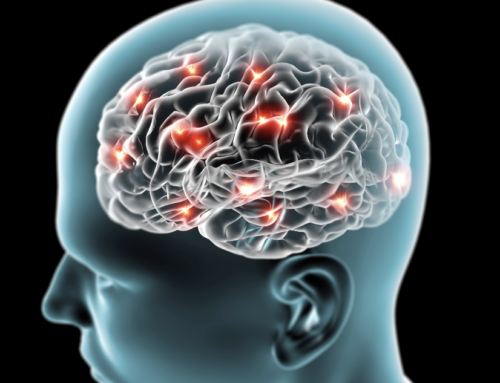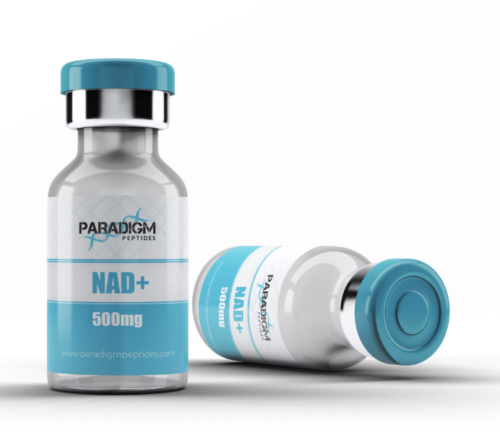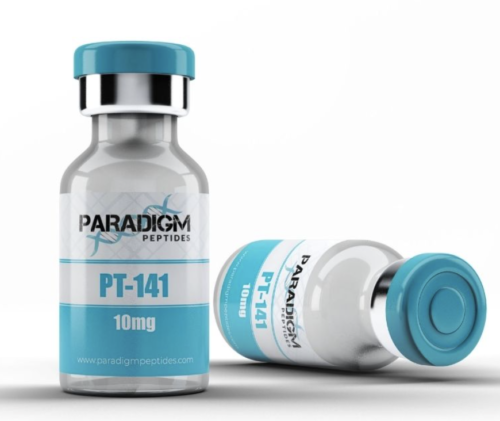Artificial intelligence (AI) has become a revolutionary force in numerous industries, and healthcare is no exception. The vast potential of AI to disrupt healthcare is transforming the way we diagnose, treat, and manage diseases. With its ability to process vast amounts of data, identify patterns, and make predictions, AI is poised to revolutionize healthcare, improving patient outcomes and enhancing the overall efficiency of healthcare systems worldwide.
- Enhanced Diagnostic Accuracy:
One of the most significant impacts of AI in healthcare lies in its ability to enhance diagnostic accuracy. AI algorithms can analyze vast amounts of patient data, including medical records, laboratory results, imaging scans, and genetic information, to detect subtle patterns and anomalies that may be missed by human physicians. This technology holds the promise of providing faster and more accurate diagnoses, ultimately leading to more effective treatments and improved patient outcomes.
For example, AI-powered algorithms can analyze medical images, such as X-rays, CT scans, and MRIs, to detect early signs of diseases like cancer, cardiovascular conditions, and neurological disorders. By assisting radiologists in identifying abnormalities, AI can expedite diagnosis and ensure early intervention, potentially saving lives.
- Personalized Treatment Plans:
AI’s ability to process and analyze vast amounts of patient data enables the development of personalized treatment plans. By considering a patient’s unique characteristics, including genetic makeup, medical history, lifestyle factors, and treatment responses, AI algorithms can identify the most effective interventions for individual patients.
This personalized approach to medicine has the potential to optimize treatment outcomes, minimize adverse effects, and improve patient satisfaction. AI can assist healthcare professionals in selecting the most appropriate medications, dosages, and treatment regimens, tailored to each patient’s specific needs. Additionally, AI-powered decision support systems can continuously learn from new data and provide real-time treatment recommendations based on the latest medical research and best practices.
- Predictive Analytics and Preventive Care:
AI can play a vital role in shifting healthcare from a reactive to a proactive model by leveraging predictive analytics. By analyzing large datasets, including electronic health records, wearables, and lifestyle data, AI algorithms can identify individuals at high risk of developing specific diseases or experiencing adverse health events.
Early identification of at-risk individuals allows for proactive interventions, preventive measures, and lifestyle modifications. For instance, AI can identify individuals who are at high risk of developing diabetes and recommend personalized dietary and exercise plans to reduce the likelihood of disease onset. Moreover, AI-powered chatbots and virtual assistants can provide personalized health advice and reminders, empowering individuals to actively manage their well-being.
- Streamlined Administrative Tasks:
Beyond clinical applications, AI can also streamline administrative tasks, freeing up healthcare professionals’ time and resources. AI-powered chatbots and virtual assistants can handle routine inquiries, appointment scheduling, and basic patient education, reducing the burden on administrative staff and improving overall patient experience.
Moreover, AI can optimize hospital workflows by predicting patient flow, bed availability, and staffing requirements. By analyzing historical data and real-time information, AI algorithms can facilitate more efficient resource allocation, minimize wait times, and enhance operational efficiency.
Challenges and Ethical Considerations:
While the potential benefits of AI in healthcare are immense, it is essential to address the challenges and ethical considerations associated with its implementation. Ensuring data privacy and security, maintaining transparency and explainability of AI algorithms, and addressing concerns related to bias and algorithmic fairness are crucial aspects that need to be carefully considered.
Conclusion:
Artificial intelligence has the potential to disrupt healthcare in unprecedented ways, transforming how we diagnose, treat, and prevent diseases. By leveraging AI’s capabilities, healthcare professionals can provide more accurate diagnoses, develop personalized treatment plans, and shift towards proactive and preventive care. However, it is crucial to approach AI implementation in healthcare with a cautious and ethical mindset to ensure patient safety, privacy, and fairness. As AI continues to evolve, its role in healthcare will undoubtedly grow, reshaping the industry and improving patient outcomes in ways we have never imagined before.











Leave A Comment